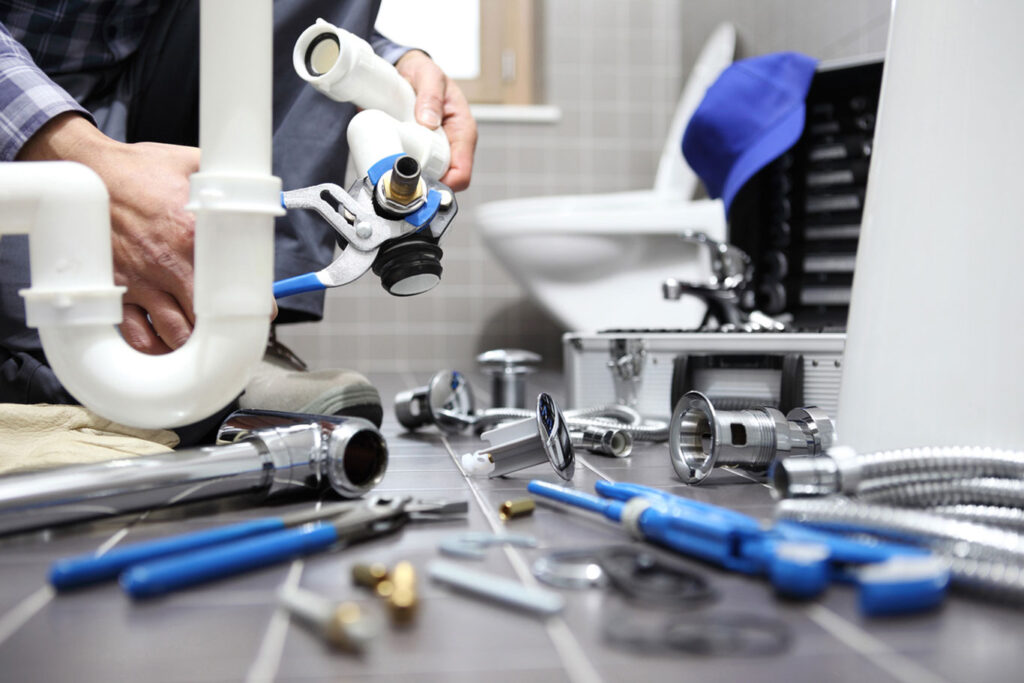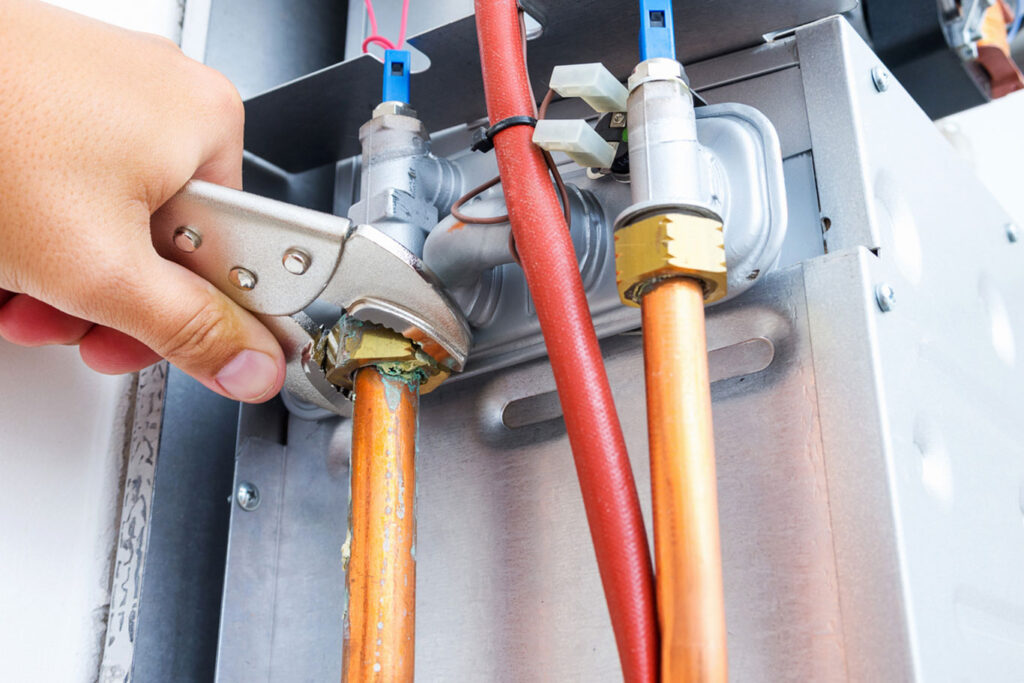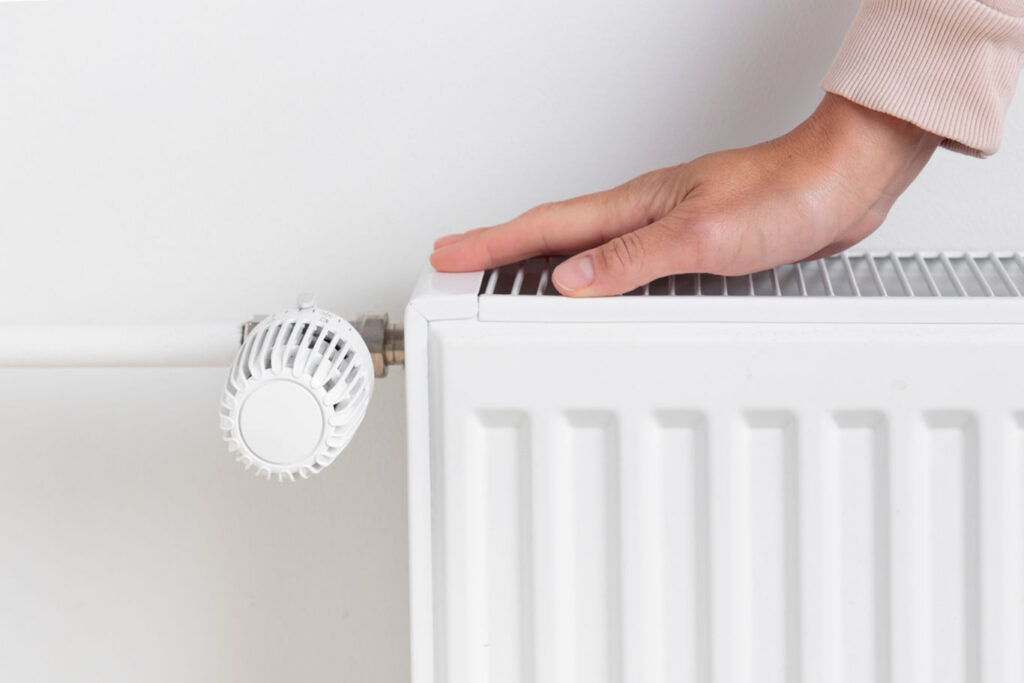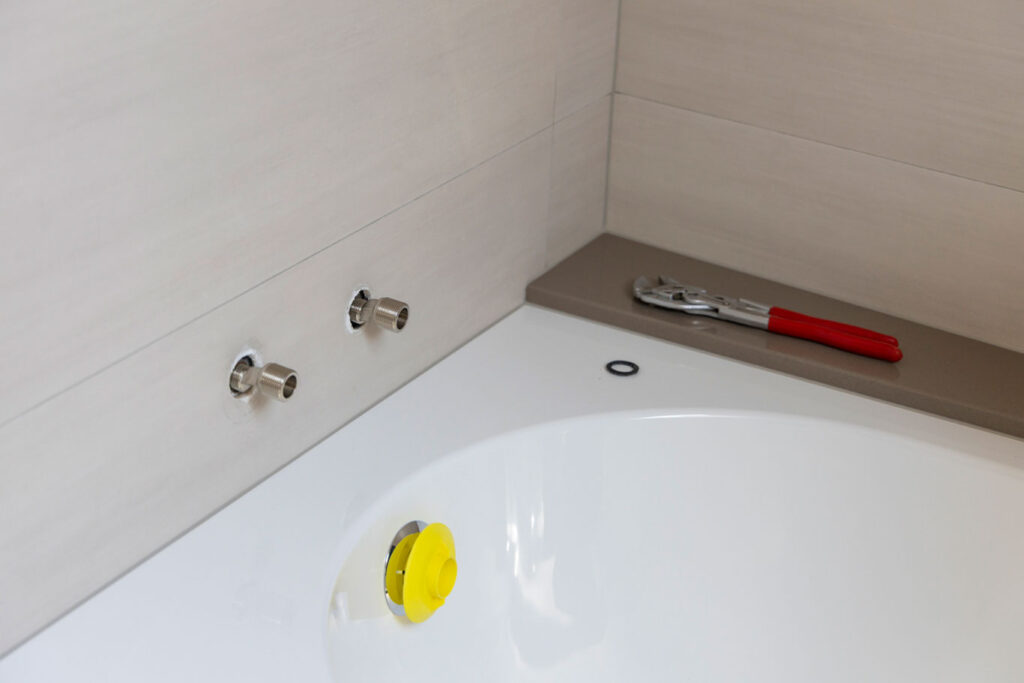Embarking on bathroom installation Cornwall can be exciting — and a bit daunting. Whether you’re replacing an old suite or designing a completely new bathroom, knowing the process helps you plan better, avoid surprises, and work confidently with your fitter. This guide explains what typically happens, what you should prepare for, and what to expect at each stage.
What Happens First: Planning, Design & Quotes
Before anything is installed, you’ll usually go through these initial steps:
- A consultation or survey where dimensions are taken, your preferences discussed, and design ideas explored.
- Choosing fixtures, fittings, tiles, flooring, lighting, and plumbing options — decisions here affect cost, timeline, and the final look.
- Obtaining a detailed, written quote that outlines cost breakdowns (labour, materials, fixtures), timeline, what is included and what might cost extra.
- Checking whether any permissions, building regulations, or safety certifications are needed. In Cornwall (and UK more broadly), aspects like ventilation, drainage, electrical safety must comply with regulations.
The Main Stages of Bathroom Installation Cornwall
Here’s a typical flow for a bathroom installation Cornwall, with estimated timescales. The exact timing will depend on the size, layout changes, complexity, product availability etc.
- Site Preparation & Demolition
Removing the old bathroom suite (bath, sink, toilet, shower), stripping tiles or flooring if needed, removing cabinetry. Clearing out old plumbing and electrical fixtures. Expect 1‑3 days for a standard size bathroom. - First Fix: Plumbing & Electrical
Rough plumbing (pipes, waste lines, water supply), routing the electrical wiring (for lights, fans, sockets), repositioning plumbing if layout is changing. This phase might take 1‑5 days, depending on how much rework is needed. - Wall Preparations & Waterproofing
Once structural and pipework issues are handled, walls or floors often need preparing — repairing, plaster or boarding, adding waterproof membranes or sealants (especially in wet zones). Time depends on drying times, area size, and whether specialist panels or waterproof substrates are needed. - Tiling & Flooring
Laying floor tiles, wall tiles around baths/showers, grouting, sealing. Floor preparation (leveling, membrane etc.) is important. This work may take several days. - Fixture & Fitting Installation
Fitting the bath/shower, sinks, toilet, mirrors, cabinets, lighting, electrics etc. Connecting plumbing and testing for leaks. Sometimes finishes like taps, shower heads etc. go in at this stage. Expect 1‑2 days depending on complexity. - Final Touches & Quality Checks
Painting or decorating where needed, siliconing joins, sealing gaps, installing accessories, doing final electrical tests, ensuring everything works, cleaning. Typically 1‑2 days.
Typical Timeline & What Affects It
For a full bathroom installation Cornwall (not just replacements), here’s what to expect:
- Average timeframe: 2‑4 weeks for moderate‑size bathrooms without major structural or layout changes.
- If complexity increases (layout changes, moving plumbing/drainage, custom fixtures, bespoke tiling, product lead times), it could stretch to 5‑6 weeks or more.
- Delays often come from waiting for specialist products, wet weather (if external access or waterproofing work is limited by conditions), or unexpected issues once old surfaces are removed (damp, rot, uneven surfaces).
Key Regulatory & Safety Considerations in Cornwall / UK
To keep everything legal, safe, and to avoid costly rewrites or compliance issues, be aware of:
- Building regulations around electrical safety (especially wet zones), drainage, ventilation, structural safety.
- Proper ventilation (extract fans, air flow), correct drainage and waste pipe set‑ups, waterproofing in bathing and shower areas.
- Certifications or approvals required for certain trades: electricians should be certified, plumbing work might need to meet local codes, water supply etc.
- Ensuring that the installer or contractor has public liability insurance, guarantees or warranty for their workmanship.
Tips to Make Your Bathroom Installation Cornwall Go Smoothly
To help you be prepared and avoid stress:
- Choose reliable fixtures & materials well in advance; delays often come from waiting on backordered items.
- Keep a flexible budget (10‑15% extra) in case of surprises.
- Communicate clearly with your installer about times when the bathroom can’t be used, access, where materials will be stored etc.
- Ask for a detailed payment schedule with milestones.
- Check reviews or visit past installations if possible to assess workmanship.
- Ensure good site protection: covering floors, protecting surrounding areas to avoid damage during demolition or in‑between stages.
Bathroom installation Cornwall doesn’t have to be overwhelming. By knowing what to expect — from planning to final touches — you’ll feel more in control, make better decisions, and avoid common pitfalls. With the right preparations and an experienced fitter, your new bathroom can be a beautiful, functional space you enjoy every day.
If you’re ready to plan your bathroom installation Cornwall, get in touch with our team at Toms & Co Plumbing for expert advice, reliable service, and a free consultation.
Contact Toms & Co Plumbing
Phone: 01752 427417
Email: James_toms123@icloud.com
Bathroom Installation Cornwall FAQs
Q1: How long does a full bathroom installation Cornwall usually take?
A1: For a standard bathroom without major layout changes, expect around 2‑4 weeks. Complex jobs (moving plumbing, heavy tiling, custom fixtures) may take longer.
Q2: Do I need building regulation approval for bathroom work?
A2: Basic replacements often don’t require it. But if you’re changing plumbing, drainage, electrics, or location of fixtures, you may need to comply with building regulations.
Q3: What should I do if delays happen (e.g. deliveries, moisture issues, etc.)?
A3: Keep open communication with your installer. Have a contingency in schedule & budget. Confirm updated timelines & costs in writing if changes are needed.




